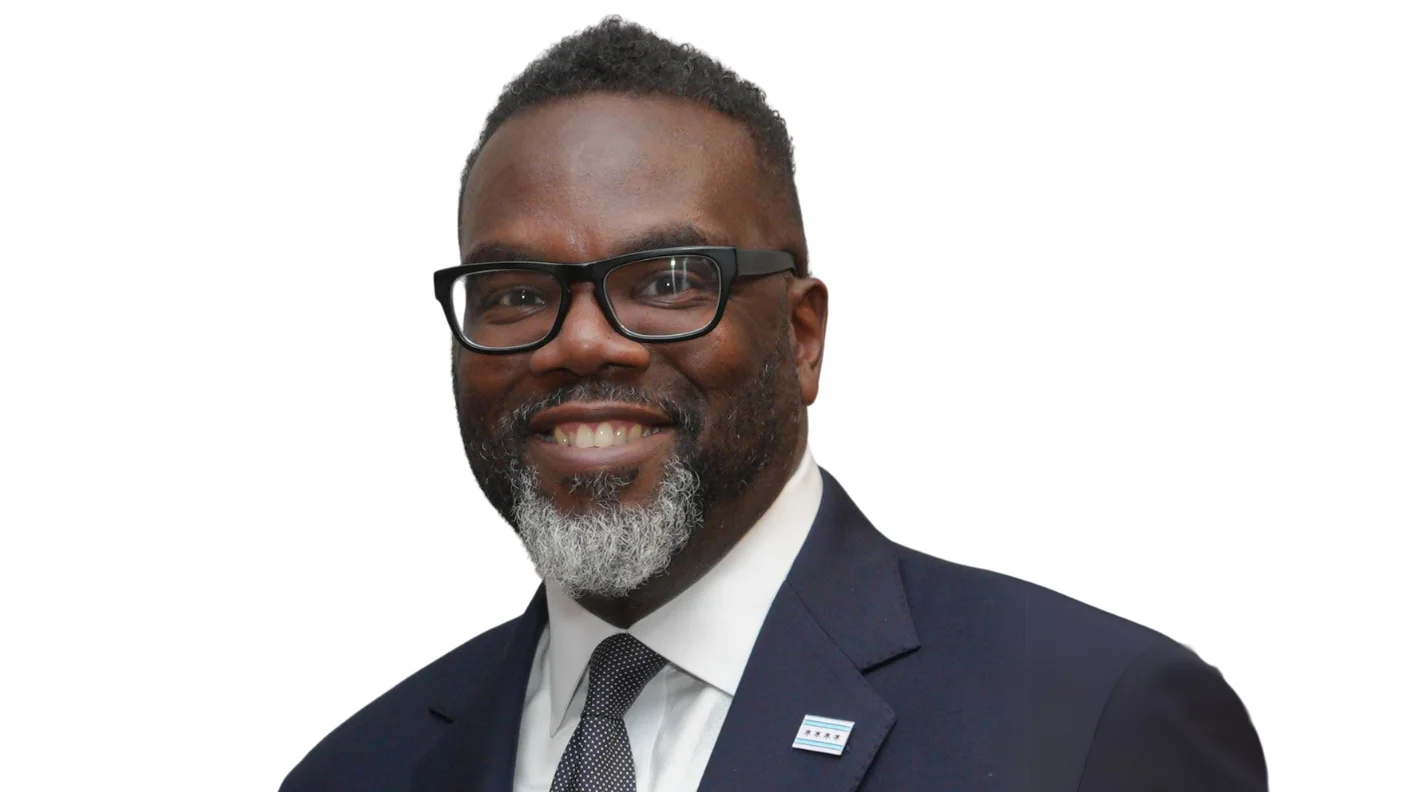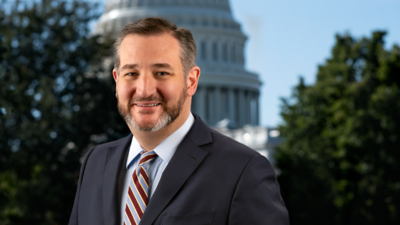Brandon Johnson Mayor | Chicago Contrarian
Brandon Johnson Mayor | Chicago Contrarian
In the wake of President Trump's recent decision to temporarily assume control over the Washington, D.C. Metropolitan Police Department (MPD), there has been significant discussion about whether similar federal interventions could be applied in other major cities, including Chicago. The action in Washington was conducted under Section 740 of D.C.’s Home Rule Act, which allows for such federal oversight.
The president addressed concerns about crime rates during a press conference on August 11, noting that while crime has fallen nationally, violent incidents remain persistent problems in certain urban areas. Trump stated that inner-city mayors are observing his actions and suggested that leaders like Mayor Johnson have not effectively addressed public safety issues.
Trump’s message focused on dissatisfaction with how Democrat-led cities are managed regarding law enforcement and public safety. He highlighted measures taken since January, including efforts at the border, withholding federal aid from higher education institutions over civil rights violations and admissions policies, and attempts to reduce federal spending and bureaucracy.
According to Trump, conditions in Chicago reflect broader challenges faced by large cities. He described visible signs of decline in downtown areas, citing open-air drug markets and increased homelessness affecting public transportation systems like the Chicago Transit Authority (CTA). Parks and neighborhoods outside downtown were also described as experiencing higher rates of crime and deteriorating living conditions.
Trump contrasted his approach with what he called progressive solutions focused on addressing “root causes” such as affordable housing or police reform. Instead, he argued for more direct law enforcement intervention.
"When White House Border Czar arrived in Chicago in late January, federal agents serving under him ensnared six sex offenders, three Tren de Aragua gang members, and two illegal immigrants convicted of murder. The presence of federal agents in Chicago was successful."
The article suggests that an expanded deployment of federal agents from agencies such as the FBI, DEA, ATF, U.S. Marshals Service, and ICE could help address criminal activity across Chicago through coordinated operations targeting fugitives and organized crime.
"Chicago residents should not have to live in a shattered city. While Trump’s public statements over mobilizing the National Guard is his attempt to chum the waters, his vow to replicate his actions in Washington, D.C. in Chicago is serious and symbolizes a better, brighter future for the Windy City."
Trump’s supporters point to reported decreases in crime following the MPD federalization order—citing a 17 percent drop in overall crime rates and a 12-day period without any murders—as evidence that similar measures could benefit Chicago.
"The first step in solving a problem is to acknowledge a problem exists, and Trump concentrating on Chicago and its crime problem is admitting to another problem. When former president Joe Biden falsely claimed he was powerless to control the southern border, Trump proved Biden wrong. Trump also defied the odds and intervened on college campuses and both cut federal spending and bureaucratic bloat. What Trump is demonstrating is the political will necessary to solve problems."
The possibility of increased federal involvement remains subject to ongoing debate among local officials and community members.






 Alerts Sign-up
Alerts Sign-up